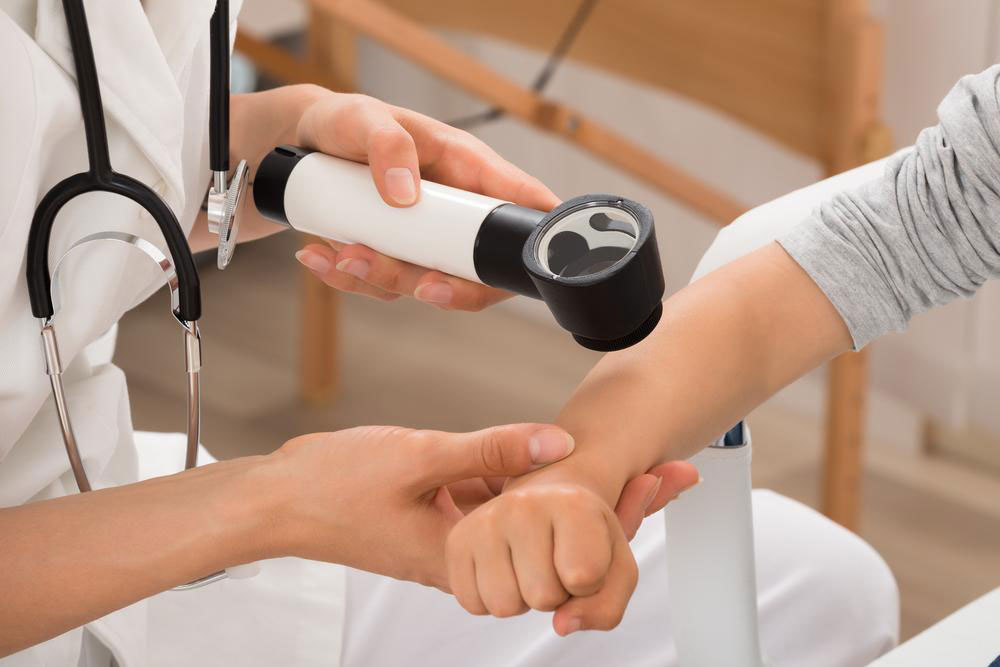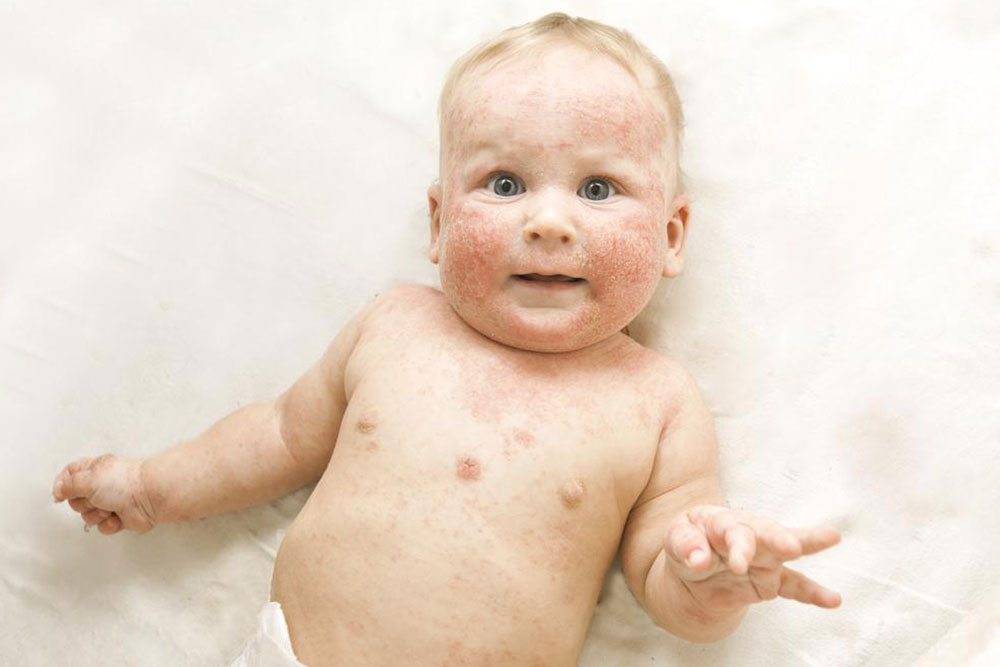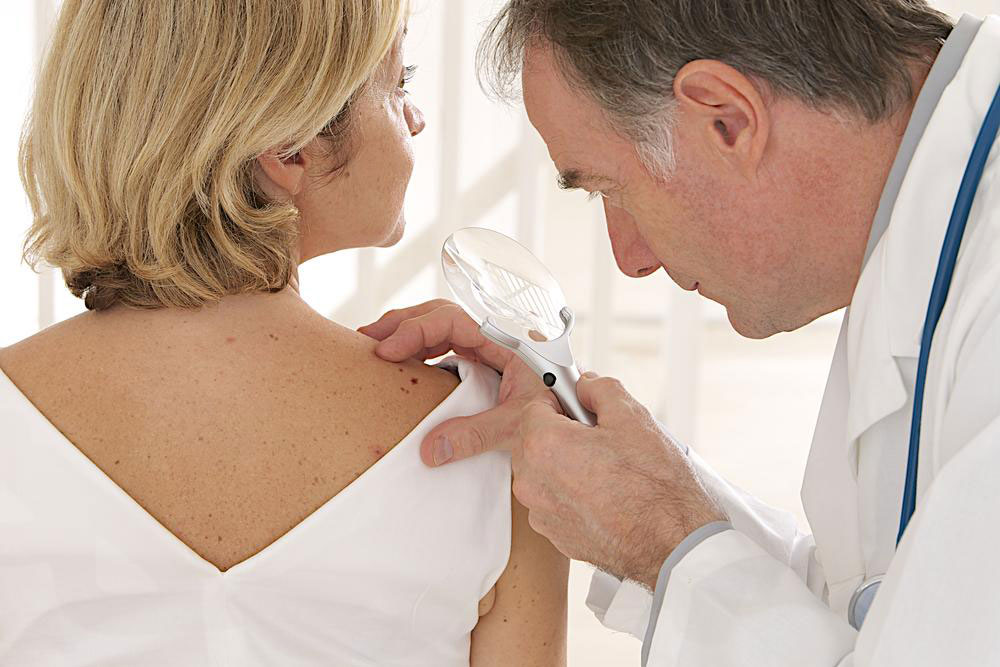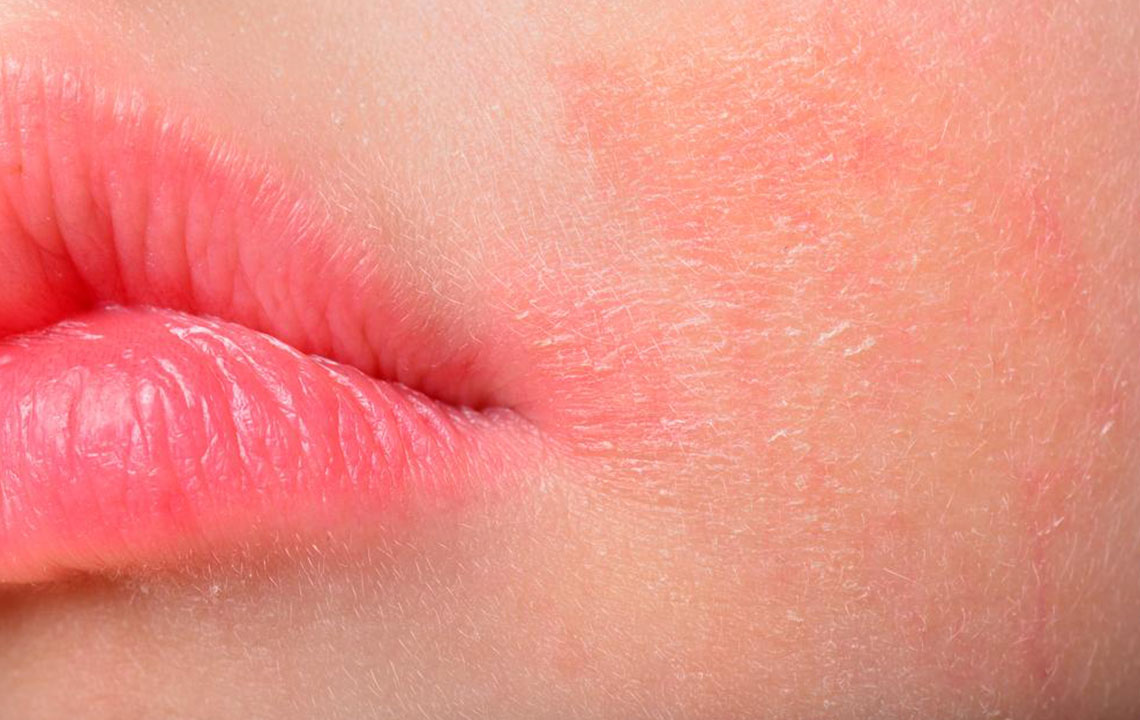Comprehensive Strategies for Managing Atopic Dermatitis
Learn effective management strategies for atopic dermatitis, including medical treatments, skincare routines, and lifestyle modifications. This guide helps individuals control symptoms, prevent flare-ups, and improve quality of life through comprehensive care techniques suitable for all ages, especially children and infants.

Effective Management Strategies for Atopic Dermatitis
Over 18 million individuals worldwide live with atopic dermatitis, a common form of eczema that primarily affects the skin. Often beginning in childhood, it can persist into adult years. Understanding appropriate treatment options is essential for effective symptom control and improved quality of life.
What is atopic dermatitis?
This chronic skin condition features inflammation and intense itching. While common in children, it can develop at any age. Symptoms include dry, scaly patches, redness, brown spots, and small bumps or open sores caused by scratching. In children, signs often appear on the face, forehead, and scalp. Atopic dermatitis is linked to genetic factors that impair the skin’s moisture barrier, making it susceptible to environmental triggers and allergies.
Symptoms vary among individuals but commonly include extremely dry or flaky skin, persistent itchiness, redness, and patches of discolored skin. Food allergies, hay fever, and asthma can increase risk. Long-term management involves regular skin care and medical treatment.
Since atopic dermatitis has no cure, a combination of treatments aims to reduce symptoms and improve life quality. Medical options include topical creams, ointments, and antibiotics for infections. Recently approved injectable treatments offer additional options for those unresponsive to traditional therapies. Light therapy and wet dressing therapy are also useful but carry risks, such as skin sensitivity and increased cancer risk, cautioning use in children. Behavioral therapy can help address compulsive scratching.
For infants, treatment challenges include sensitive skin, requiring gentle routines, proper moisturization with baby-safe products, and avoiding irritants. Persistent rashes may require prescribed oral medications.
Self-care and home remedies
Adopting daily routines is vital for preventing flare-ups. Moisturize regularly using suitable lotions and creams. Applying anti-itch creams and antihistamines can provide relief, but caution with sedatives. Avoid scratching by keeping nails trimmed and using bandages. Warm baths with gentle exfoliants like oatmeal help soothe skin. Use mild, unscented soaps and wash promptly to prevent irritation. Managing stress through counseling or support groups can reduce symptom severity. These lifestyle steps can significantly improve skin health and reduce flare-ups.
Important Notice:
The information shared on our platform covers various health topics to provide useful insights. While based on research, it should not replace professional medical advice. Always consult healthcare providers for diagnosis and treatment options. The site is not responsible for discrepancies or updates in medical data, and users should verify information with trusted sources before making health decisions.










